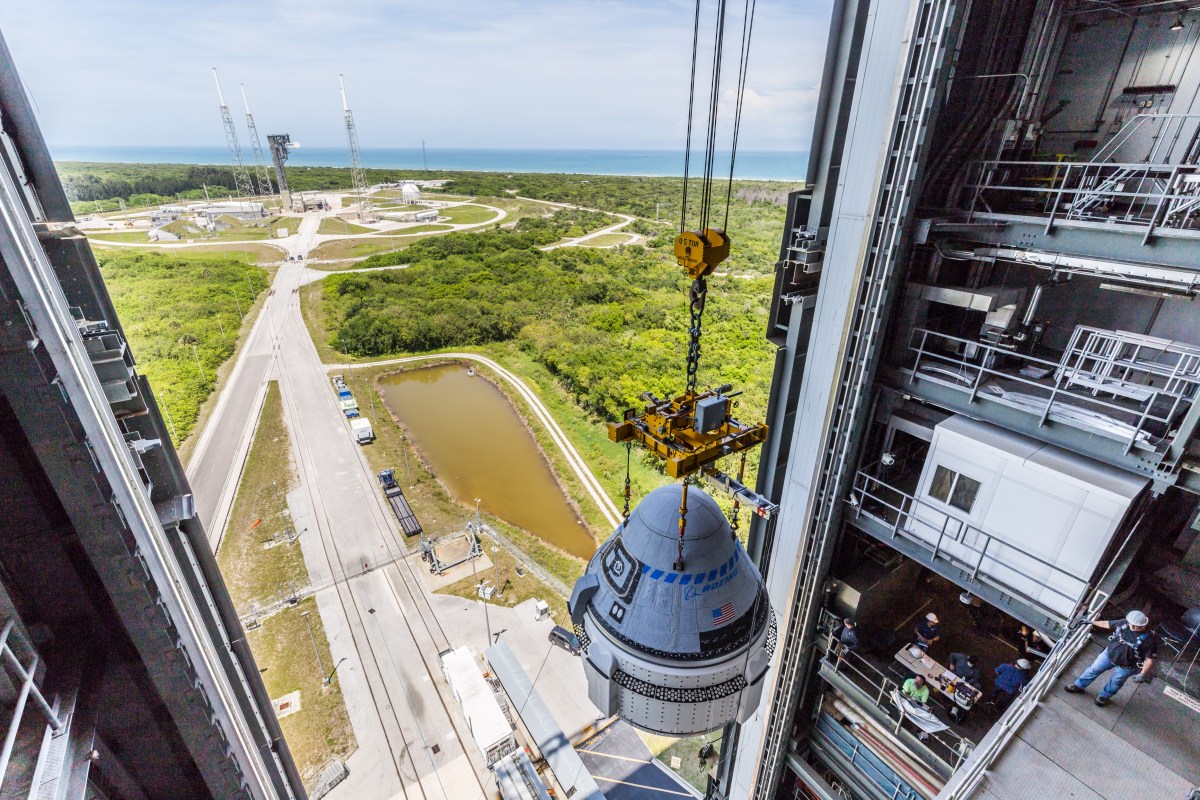NASA, Boeing delay the first crewed flight test of the Starliner capsule…again

Boeing and NASA said Thursday that the first crewed flight test of the Starliner capsule would be further delayed due to a new crop of technical issues with the spacecraft.
The first crewed mission was scheduled to fly two NASA astronauts on July 21 after being pushed back from an earlier April launch date. Officials did not provide a new launch date during a media briefing, though Boeing’s VP of commercial crew, Mark Nappi, said leadership would spend the next week or so figuring out a plan to ensure the capsule is safe for flight.
Nappi said Boeing engineers discovered two new issues with Starliner: one related to the parachute systems and another with the tape that wraps around wire harnesses in the spacecraft. He said that data on the parachutes’ load limits was recorded incorrectly, leading engineers to discover that some sections of the parachute had a lower failure load limit than was previously identified. Separately, engineers discovered that the aforementioned tape was flammable.
“That tape was tested late in the process,” he said.
The tape was present on the spacecraft that flew in the Starliner’s only mission, an uncrewed flight test that took place a little over a year ago. The parachute system also flew on that mission. It was only during a more detailed review that the issues were discovered, Nappi said.
Nappi said he thought a launch at some point this year was feasible, but he substantially hedged his statement. “I think it’s feasible, but I certainly don’t want to commit to any dates or timeframes until we spend the next several days understanding what we need to go do,” he said.
Boeing has spent years developing Starliner, a crewed capsule that is supposed to join SpaceX’s Dragon capsule in transporting astronauts to and from the International Space Station for customer NASA. (Both Boeing and SpaceX were awarded astronaut transportation contracts from NASA for a set number of missions.) But while SpaceX has nearly completed all of its six contracted missions for the space agency, Boeing has been beset with seemingly unending technical delays — the costs of which the company must bear due to the fixed-cost structure of its contract.
“The bottom line here is: Safety is always our top priority,” Nappi said. “It’s always been that way with human spaceflight. And so that’s what drives this decision. You can say we’re disappointed because it means a delay, but the team is proud that we’re making the right choices.”
He added that there are “growing pains” in developing a vehicle and that Boeing has no intention of walking away from its commercial crew ambitions anytime soon.


